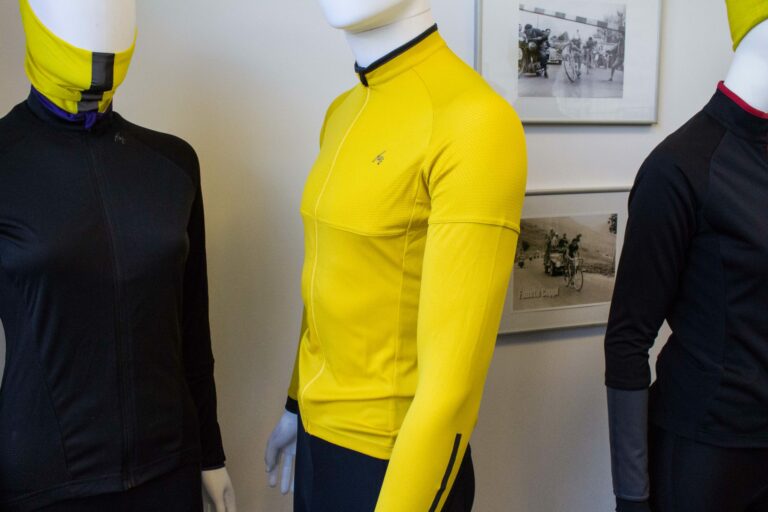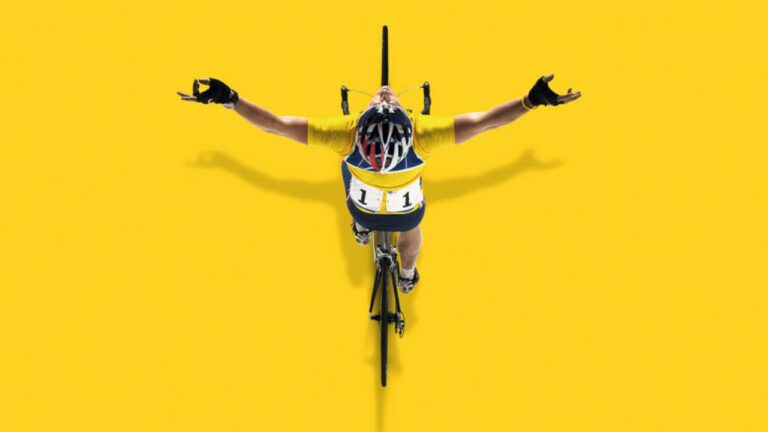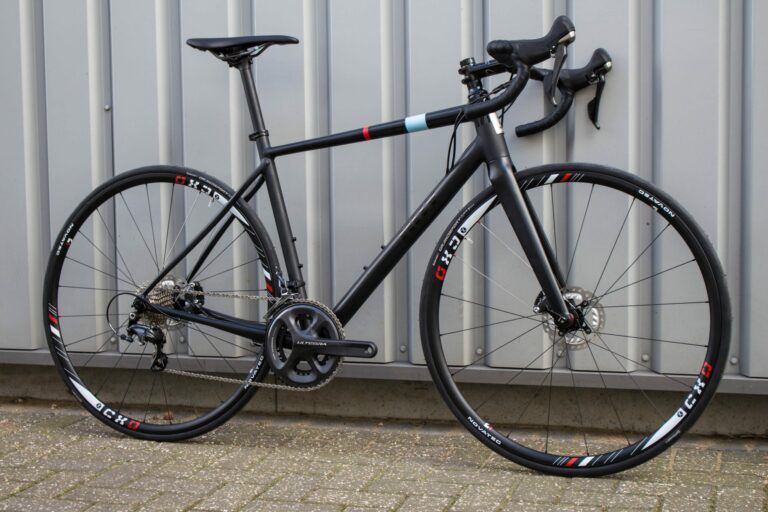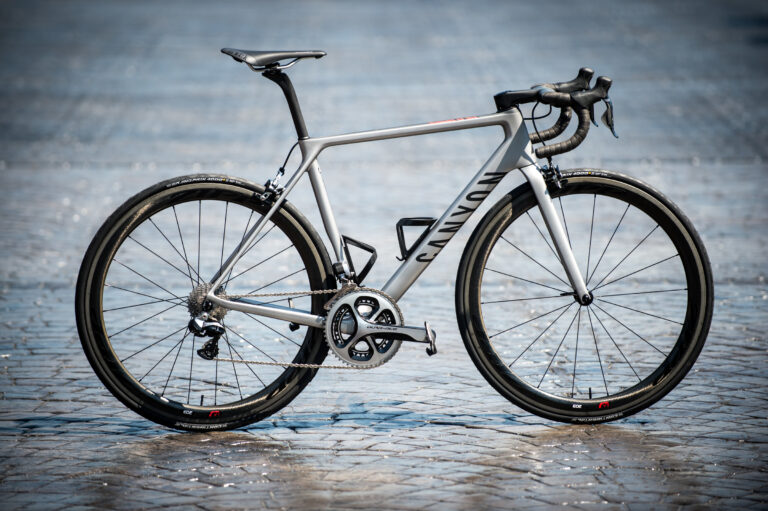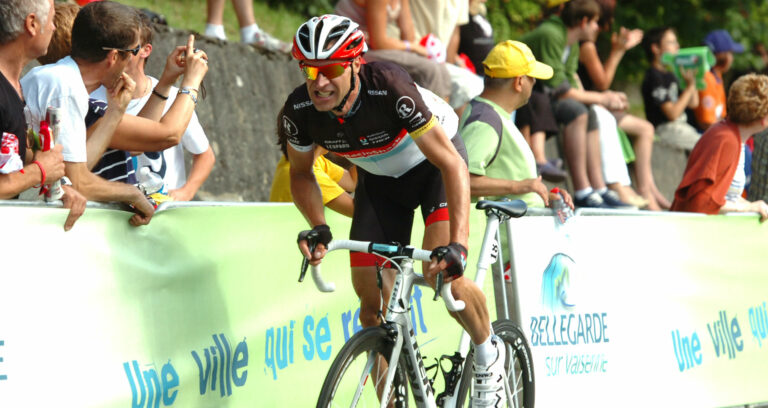For a company that began by making guns in the small Basque town of Eibar back in the mid-1800s, Orbea don’t half make some nice bikes.
Although, of course, that’s a long time ago now and Orbea have been making road weapons – rather than literal ones – since the 1930s and their palmares (much of which with home Basque team Euskaltel Euskadi) is impressive, including Grand Tour stages, Olympic medals and Ironman World Championships.
They also don’t mess about. There are essentially two bikes in the road range for 2016: the Orca and the Avant. That’s it. In a market flooded with companies that strive to fill every possible niche with an ever-increasing – and often rather complex – number of bikes, it’s nice to see a range with one performance and one endurance bike.
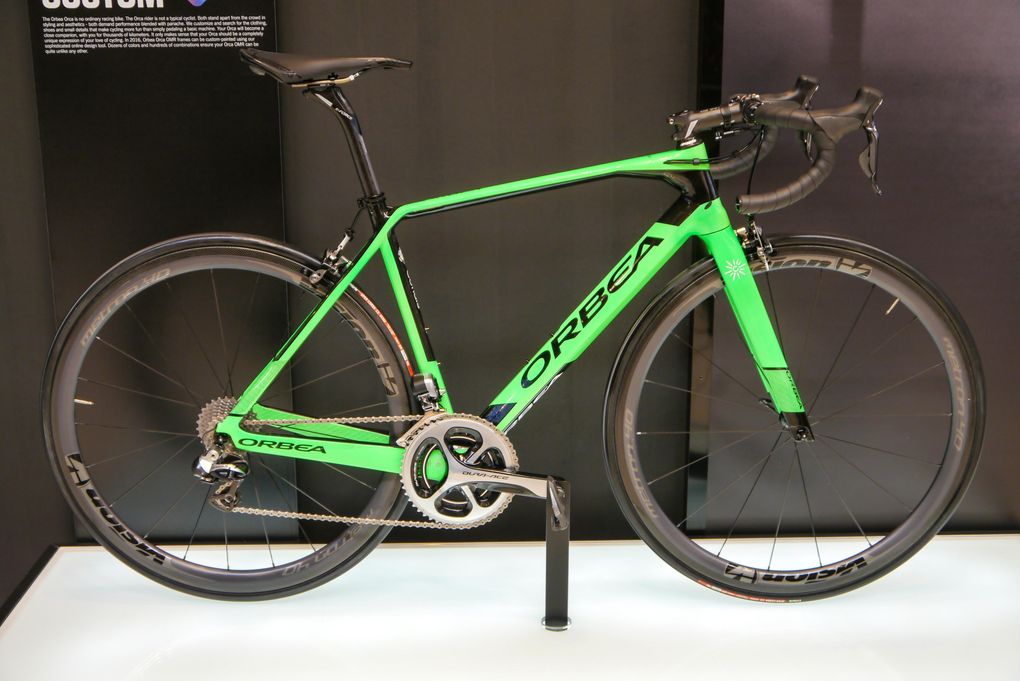
As well as the two road bikes, Orbea also offer the fierce Ordu TT bike (holder of the fastest bike leg time in Ironman history, if that tickles your fancy) for anyone who likes a challenge against the clock and fancies something exotic on which to do it.
So, if you’re interested in adding an Orbea to your bike fleet, let’s take a look at what available for 2016.
Orbea Orca
Ridden for years in its various guises by the de-facto Basque national team Euskaltel Euskadi and, in fact, to Olympic gold in 2008 by Samuel Sanchez, the Orca is a tried and tested race bike with a huge pedigree. It’s also currently being ridden by Cofidis and you’ll have seen it under the likes of Nacer Bouhanni in this year’s Tour de France (albeit not for long…).
The differences within the Orca range are mostly down to the frame. The top range bikes are built around the 900g Orca OMR frame, which has dropped nearly 250g since last year, while the second-tier bikes come with the OMP frame which is 150g heavier than the OMR.
The OMR frame is dual electronic/mechanical shifting compatible (both routed internally through the frame), and built around a wide PF86 bottom bracket. Orbea claim that bottom bracket is instrumental in a 24 per cent increase in stiffness. But not wanting to turn that stiffness into poor ride quality, Orbea also say that the OMR frame is 20 per cent smoother delivered by the carbon layup in the top tube and seat stays. It’s also available in a wide range of sizes (47, 49, 51, 53, 55, 57 and 60cm, since you asked).
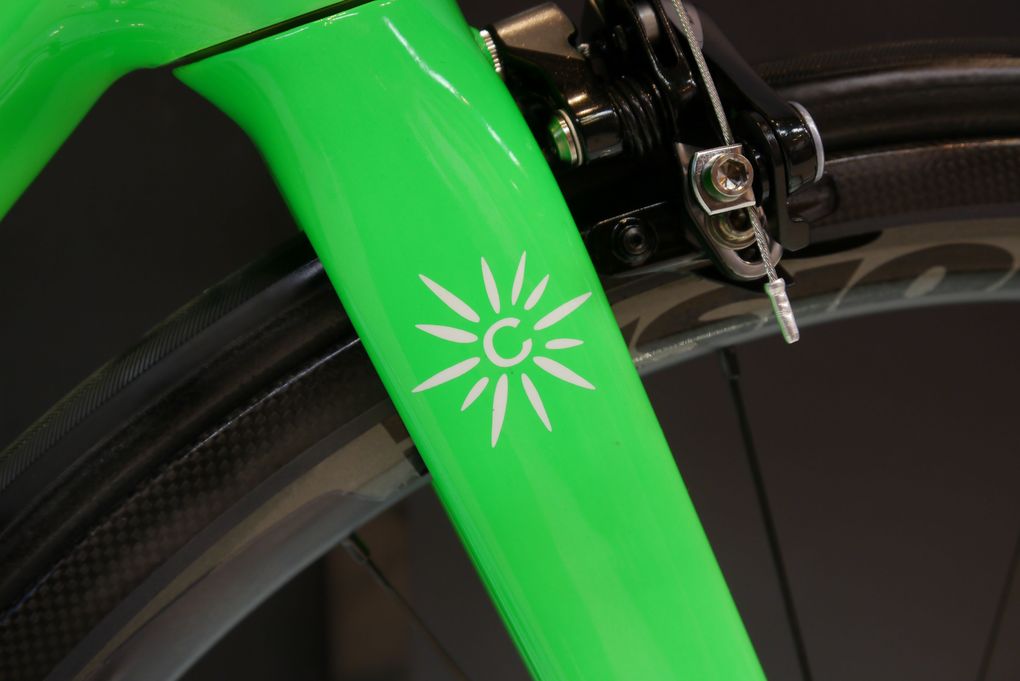
Right at the very top of the Orca tree is the £7,199 M-ltdi, which comes with a full Shimano Dura-Ace Di2 groupset and Vision Metron 40 carbon clinchers. There’s no compromises with the finishing kit, either, with a full FSA K-Force cockpit and Di2-ready seatpost (with internal battery mount) topped with a Prologo Scratch 2 Tirox saddle.
Next down the line is the £5,999 M-ltd, which swaps out the Di2 version of Dura-Ace in favour of the mechanical version, but genuine changes come in for the M-teami (£4,399) which goes with an Ultegra Di2 groupset and Vision Trimax 30 wheels, also swapping out the FSA K-Force seatpost for it’s SL-K equivalent.
As you’ve probably guessed, the M-Team offers a full mechanical Ultegra groupset for £3,679 but other wise the spec stays the same as the M-Teami.
Taking a slightly odd sideways shift, Orbea also offer the M10 (as opposed to the M-team), built around the same OMR frameset, just differently specced. The top model is the M10i Cofidis, offered in two colours, one of which is the Cofidis colourway after the sole pro outfit currently riding Orbea’s bikes. Groupset is Dura-Ace Di2, but matched to a FSA K-Force light crankset, FSA SL-K brakes and an FSA chain. Finishing kit is a set of FSA Energy bars and stem and an SL-K Di2 seatpost with Selle Italia SLR Team edition saddle, all rolling on Vision Trimax 35 clincher wheels. Down one from that is the M10 Cofidis, which simply swaps out the Di2 for mechanical Dura-Ace and drops the price to £3,839.
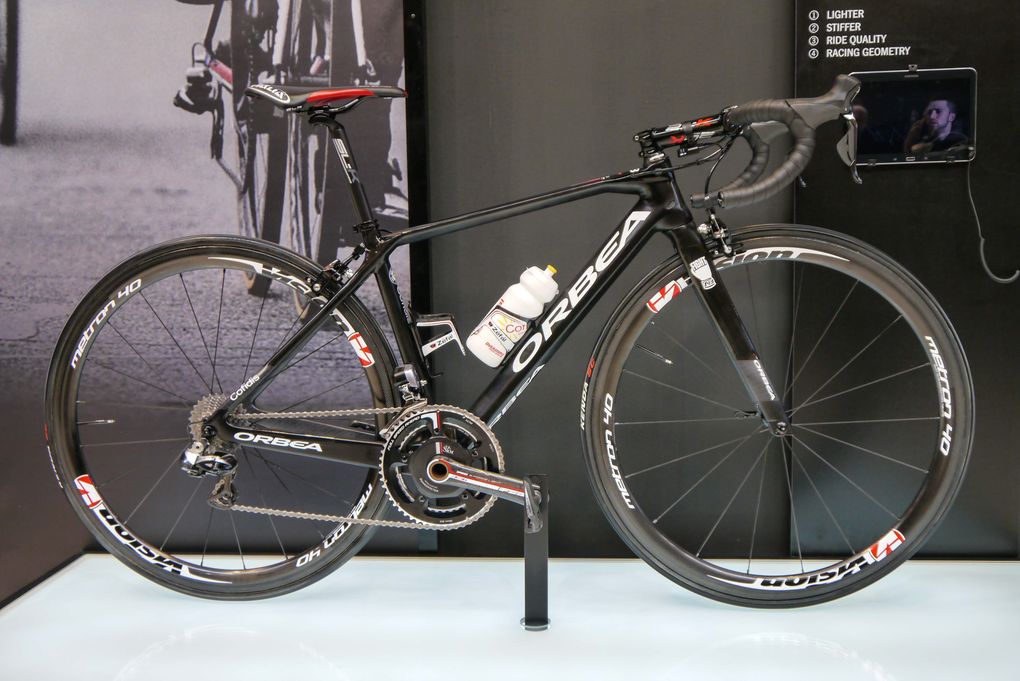
One tier down from the M10 is the M20, and the M20i Cofidis is basically the M10i but everything’s dialled down one notch. Dura-Ace Di2 is replaced by Ultegra, the FSA K-Force with FSA Gossamer although you do get the excellent Ultegra brake calipers to match to their levers. Price is £3,599. The M20 Cofidis (£2,799) is full mechanical Ultegra as the only change in spec from the M20i.
If you don’t want the Cofidis-inspired versions, though, there’s a standard M10 (£3,679), M20i (£3,359) and M20 (£2,399) that drop the FSA cranksets in favour of Shimano’s own, and replace the OMR frameset with the slightly heavier OMP version.
The final model in the range is the 105-equipped M30 (£1,999). This is the cheapest Orca that Orbea offer, and it features the OMP frameset with a full Shimano 105 groupset. Wheels are Mavic’s Aksium Elite hoops while the finishing kit is FSA Gossamer bars and SL-K post topped by a Prologo Kappa Evo saddle.
Orbea Avant
If you’re after something from Orbea that isn’t as race focused, there’s the Avant. It’s a comfort-focused endurance road bike that, like many in the genre, is designed to help you ride for longer, not necessarily ride faster.
Accordingly, the Avant has more relaxed geometry than the Orca, with an equivalent sized frame having a significantly longer headtube putting the rider in a more miles-friendly upright position. The Avant’s wheelbase and chainstays are longer as well, with the intention being to smooth the road out even more and offer surer and more predictable handling.
The other thing the Avant brings to the table that the Orca hasn’t yet is disc brakes (the frame is disc and rim brake compatible). The Orca is still a road-focused race machine and as disc brakes aren’t 100 per cent legal in pro road racing (yet), Orbea haven’t made a disc-ready version (but you know that one’s sure to be on the way…). That’s where the Avant comes in. With a frame ready with Shimano’s latest flat mount standard at the back and post-mount at the front, it can handle the latest in road disc technology. The frame also has mudguard mounts, which is something of a rarity on a carbon frame. Versatility is the name of the game as far as the Avant’s concerned.
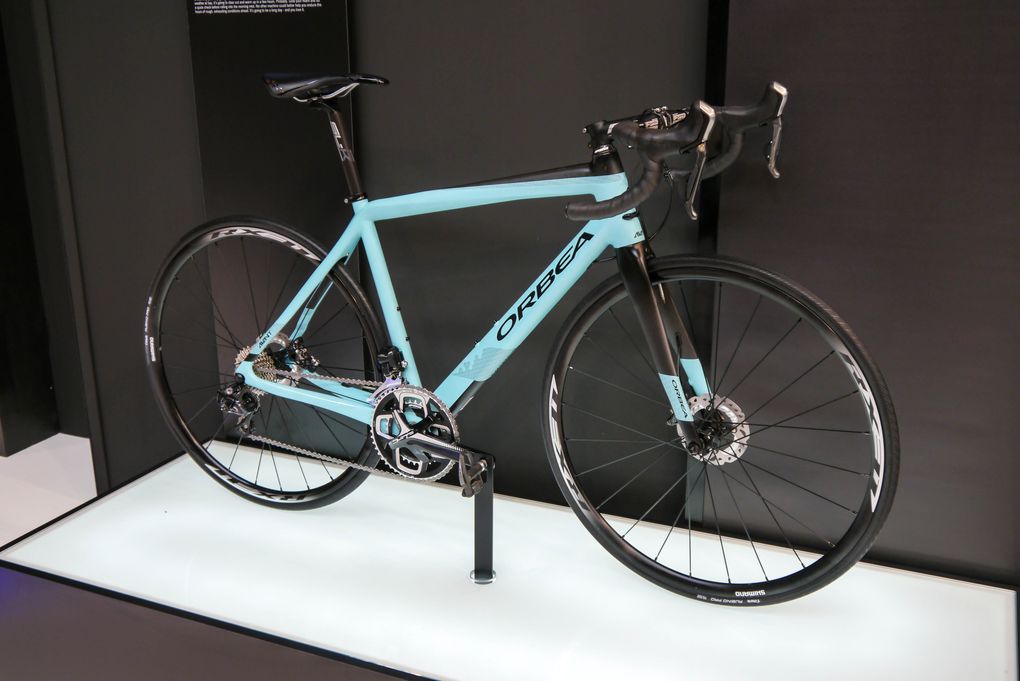
The Avant M20iD at £3,199 is top of the range, combining Shimano R785 hydraulic disc brakes with Ultegra Di2 shifting which operates around FSA’s latest Gossamer crankset. Wheels are Shimano RS-31 disc-ready clinchers which come ready with a set of 25mm Vittoria Rubino tyres (although it has clearance for up to 28mm). The other option at this end is the Avant M20i. This drops the disc brakes in favour of rim brakes – in the shape of FSA’s Gossamer Pro calipers – but keeps the Ultegra Di2 spec on the groupset with a significant price drop bringing it in at £2,399.
Another rung down is the M20D (£2,159) which caters for anyone who’d like to pair hydraulic disc brakes to mechanical shifting, with Shimano’s RS-805 shifters matched to Ultegra derailleurs.
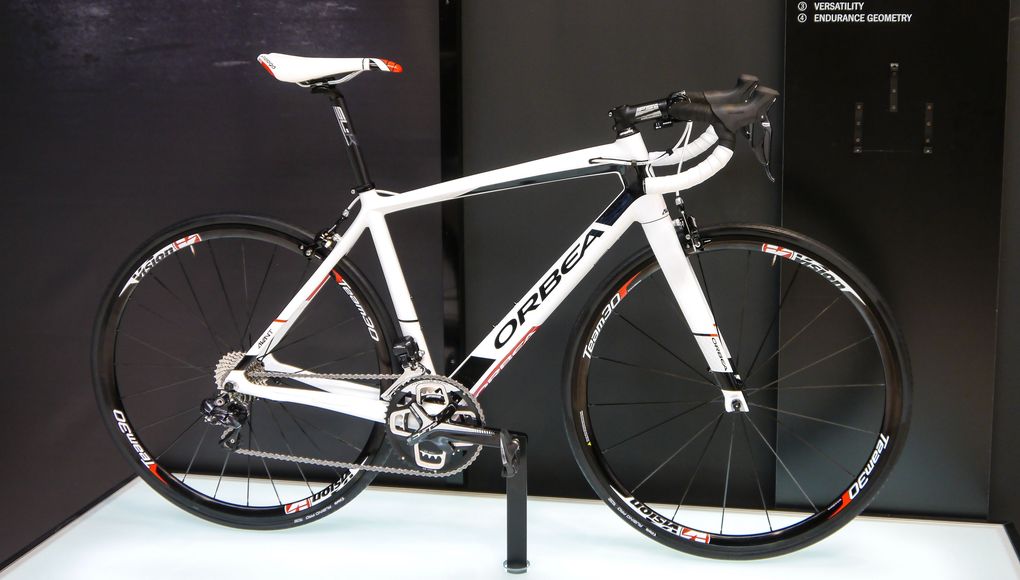
There are five more models in the Avant range. One, the M30d (£1,919), is disc-equipped, while the M20, M30 Plus, M30 and M40 (£1,679, £1,479, £1,359 and £1,279) offer Shimano Ultegra, 105, 105 and Tiagra shifting with rim brakes respectively.
Website: Orbea

